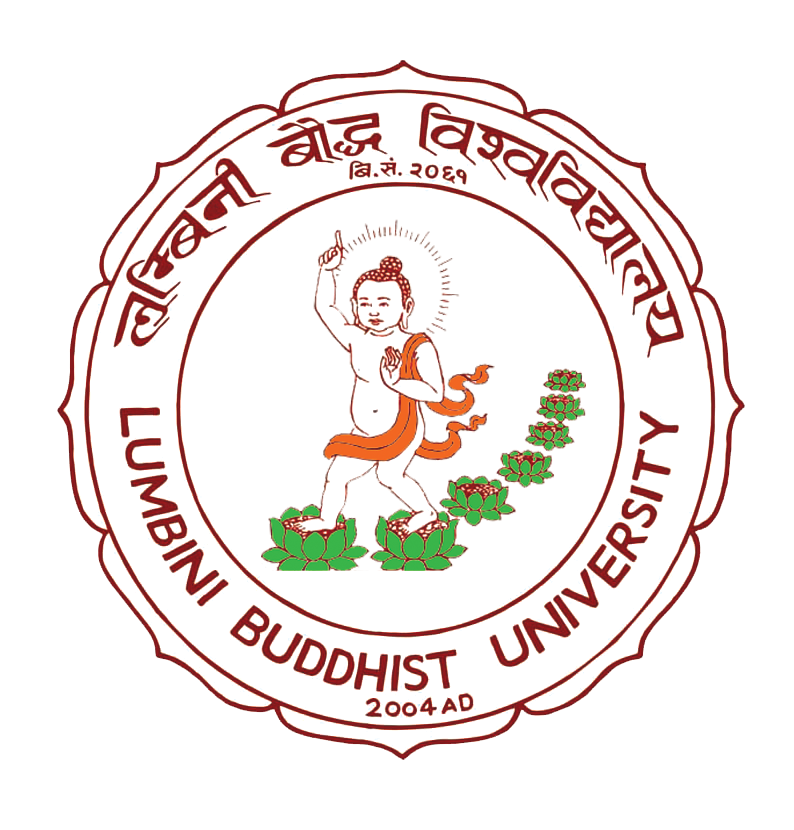Role of Local Level in Strengthening Federalism in Nepal
September 25, 2023 2023-09-25 16:11Role of Local Level in Strengthening Federalism in Nepal
Introduction
Nepal is a federal democratic republican state. It has three tiers of the government i.e., federal level, provincial level & local level government. Each level government has the function, duty, and power to run and control the state as designated by the constitution. However, there are concurrent powers of federal, provincial, and local level as well as enshrined in schedule 9 of the constitution of 2072 B.S. Local level refers to the lower tier of government that operates with its own executive body. They are directly linked with the daily activities of the citizens. Being an autonomous organ of the state, the local level can play a major role in improving the living standards of citizens by utilizing local resources for transportation, planning, housing, economic and community development, environment, recreation, and amenities, as well as livelihood. Besides, a list of concurrent powers of federal, provincial, and local levels is also enshrined in the constitution. However, our local bodies have already exercised and experienced local autonomy under the concept of decentralization in accordance with the Decentralization Act 2039 B.S. and the Decentralization Implementation Plan 2055 B.S.
Federalism
Federalism means dividing the power, rights, responsibilities, opportunities, and access of the state into two or more units and conducting governance with the direct participation of citizens. It provides social, cultural, political & economic autonomy to all the groups of the multi-ethnic society. In other words, federalism is the governance system of the state providing ample opportunities for the upliftment and rehabilitation of marginalized and backward communities while maintaining the rights and interests of a multi-ethnic, multilingual, multi-religious, and multicultural society. In a narrow sense, it is the division of powers among the levels as designated by the constitution. Indeed, federalism is known as the theory or advocacy of federal principles to divide powers between member units and common institutions.
The Madhesh movement of 2063 had introduced the concept of federalism in Nepal that ended with the amendment of the Interim Constitution. Now, the constitution of Nepal has made provisions of federalism in Nepal under part 5 of the chapter, “Structure of state & Distribution of state power”. The constitution has
divided the nation into the federal, provincial & local levels & demarcated their powers as per schedule 5, 6 & 8 of the constitution.
Role of Local Level in Strengthening Federalism in Nepal
The lowest and main body of federalism implementation is the local level. Local level is the place of direct contact, coordination, and participation of the people. Be it developmental work, service delivery or anything else, it is the local level that provides services, opportunities, and access directly and closely to the people. It plays an important role in strengthening federalism because federalism always starts from the local level, so it is known as the backbone of federalism.
For this, people’s understanding of federalism should be clear. In particular, the role of the public for the application and protection of public property should be effective and the responsibility of successfully implementing whatever type of development work the public wants, should be carried out regardless of any kind of obstacles or hindrances.
Also, the local level should have a strong and effective role in protecting all citizens. In this regard, the Constitution of 2072 including the Local Government Operation Act, 2074 has to be minutely analysed and followed. For example, the role played by the local level in mitigating and preventing the spread of COVID-19 when the country was affected by the Corona epidemic is praiseworthy. Likewise, the role of the local level in revenue collection is crucial for the economic development of the country, which helps in strengthening the federalism. But in the name of revenue collection, some local bodies are also misusing their rights or powers conferred by law and victimizing and exploiting the people. Furthermore, as per the Auditor General’s report, the local level is considered the main area of corruption. Therefore, it is necessary to get the attention of all concerned.
We know that the functions, duties, rights, and powers mentioned and conferred in the law can do nothing on their own. The most important thing is to implement them properly and it is entirely up to the head of the local level. In this regard, there is a separate Act for local government operation i.e., Local Government Operation Act, 2074 which has 15 chapters and 2 schedules. Through this act, the local level can play a crucial role in strengthening federalism. So, the head of the local level and its executive body must know how to precisely apply and implement the existing laws.
Similarly, local levels have their own revenue sources which are enshrined in schedule 8 of the constitution. They can collect local taxes like land, house rent, vehicle tax etc. In fact, they have financial autonomy from which they can allocate resources for local needs. Additionally, local governments can settle minor disputes nowadays through mediation and arbitration in their jurisdictions as well.
The local level has a great role in the implementation of federalism but there are also many problems due to limited resources and unlimited desires of the citizens. One of the burning problems is corruption. According to the Auditor General’s report, the local level has become a hub of corruption. Familism, Nepotism, favouritism, Partism etc have reached extremes. Almost all local executives across the country except a few, consider themselves to be little kings of their territory. They are not in fact, serving the people; they are ruling over them. Another burning problem is the tendency to give more responsibility to the local level in the implementation of federalism, but the federal and provincial levels are not ready to properly allocate resources and powers to the local level. Due to many such reasons, serious questions are now being raised from the public. Anyway, in essence, federalism mainly has three dimensions i.e., political, economic, and administrative. Among them, political and financial federalism is being implemented satisfactorily, but administrative federalism is in a critical state



